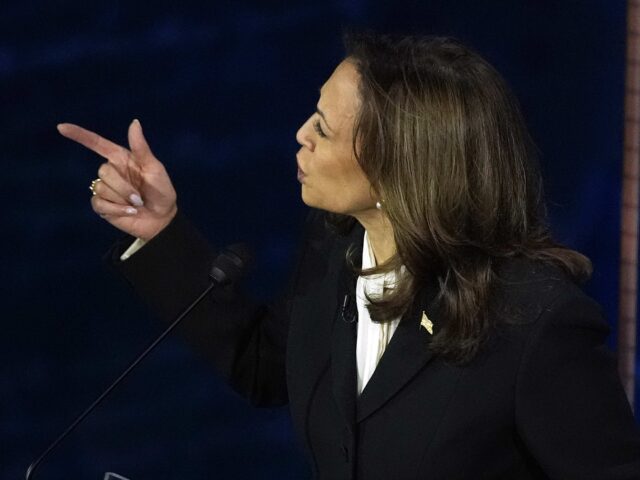|
Getting your Trinity Audio player ready...
|
Authored by Darlene McCormick Sanchez via The Epoch Times,
A congressional investigation analyzing more than 200 million political contributions found potential “criminal activity” and referred the information to five state attorneys general for further review.
The review involved donation reports from ActBlue, an online Democratic fundraising platform, to the Federal Election Commission, according to Rep. Bryan Steil (R-Wis.), chairman of the House Administration Committee.
“This investigation focused on potential unlawful exploitation of unwitting ‘straw donors,’ whose identities may have been used to channel illicit funds into campaigns in your state,” Steil wrote in a Sept. 18 letter to the attorneys general.
Steil sent letters and information collected over the past year to Texas, Virginia, Arkansas, Florida, and Missouri for further investigation into ActBlue.
“The final analysis produced a set of anomalous donor profiles, ranked by the severity of the inconsistencies. In reviewing this analysis, it became clear there is suspicious activity occurring that warrants further review,” the letter stated.
ActBlue did not require a card verification value (CVV), according to Steil, which made it vulnerable to foreign and illegal contributions.
ActBlue did not immediately respond to a request for comment from The Epoch Times.
The platform has denied any wrongdoing.
“This investigation is nothing more than a partisan political attack and scare tactic to undermine the power of Democratic and progressive small-dollar donors,” the organization said in a statement on Aug. 2 as Virginia announced it was opening an investigation.
Republicans have resorted to “political attacks and spreading false accusations” because they can’t accept that millions of Democrats are donating, according to the group’s statement.
In December 2023, Texas Attorney General Ken Paxton opened an investigation into ActBlue alleging the platform “may enable fraud.”
Paxton said in an Aug. 8 statement ActBlue has cooperated with the Texas investigation and will now require CVV codes for credit card contributions.
In his letter to attorneys general, Steil said whistleblowers reported “anomalies” in Federal Election Commission donor records.
That prompted a data analysis of records spanning 14 years, which looked for suspicious trends by comparing donation patterns to open-source consumer data, voter rolls, and political profiling databases.
The ensuing investigation included consultations with the election commission, the Financial Crimes Enforcement Network, and the Office of Foreign Assets Control, according to Steil’s letter.
Findings included donations that were significantly disproportionate to a person’s net worth or previous giving history; uncharacteristic donations from party-affiliated registered voters that suddenly contributed to candidates of the opposing party; and unusually frequent donations from the elderly and first-time donors.
Information, including donor data, was forwarded to state law enforcement agencies due to the “potential criminal activity” surrounding the political contributions, the letter stated.
Last month, Steil asked the election commission for an emergency rule requiring political campaigns to verify the CVV of donors who contribute online by credit or debit cards and prohibiting campaigns from accepting online contributions from gift cards or other prepaid credit cards.
Steil introduced HR 9488, which would require new procedures and safeguards for online donations to U.S. political committees.
Similar concerns were raised in March 2023 by O’Keefe Media Group, which reported that some senior citizens in Maryland and elsewhere denied making the donations attributed to them in Federal Election Commission records.
Donors contacted by O’Keefe Media Group said they made political contributions to ActBlue but had no knowledge of making what amounted to thousands of donations—with some totaling more than $200,000—in a few years.
The media group found similar anomalies in data from WinRed, a Republican platform similar to ActBlue. The House Administration Committee has not said it is investigating WinRed.





